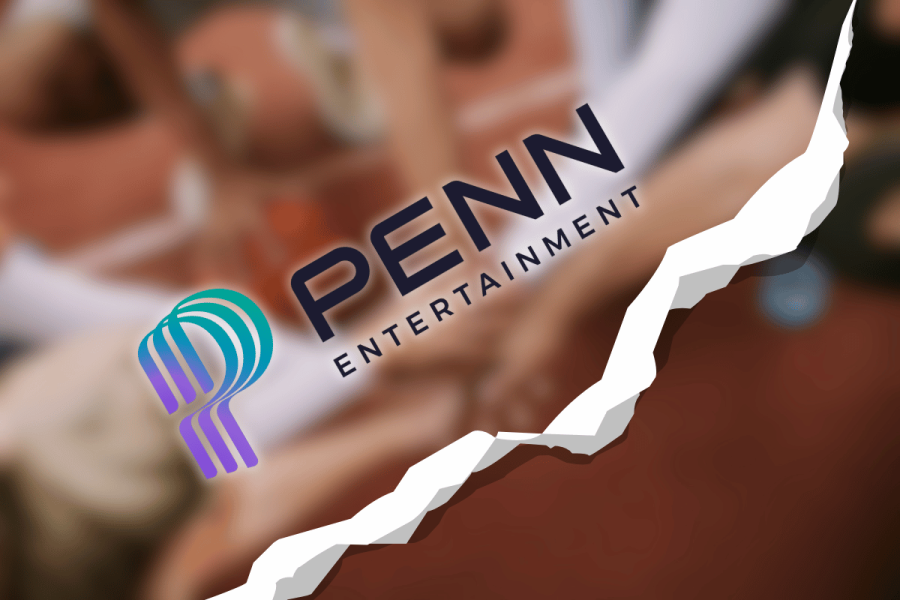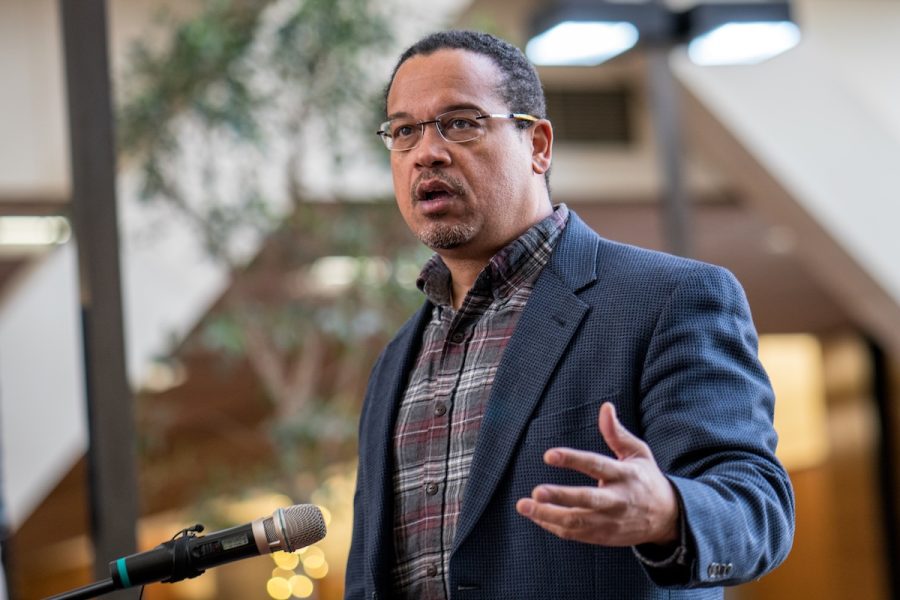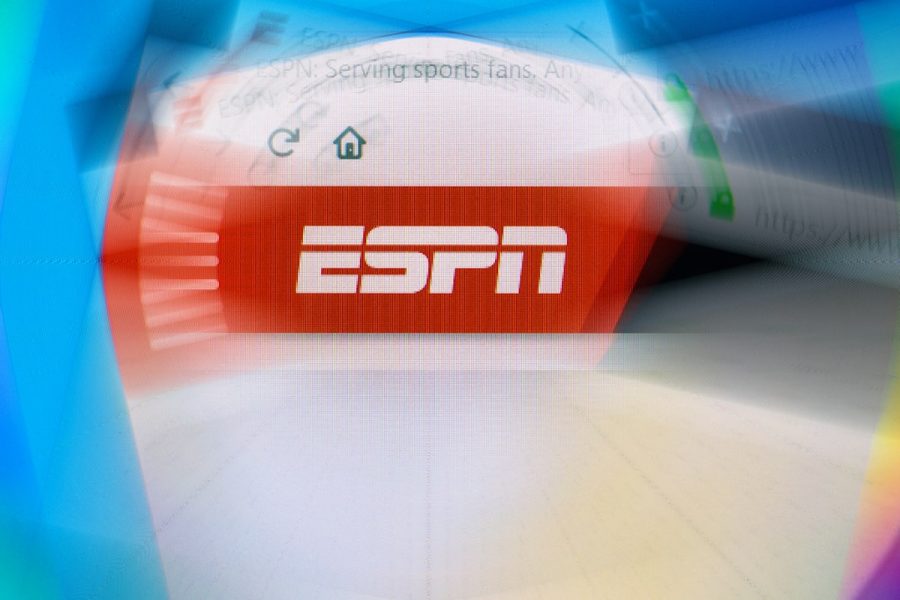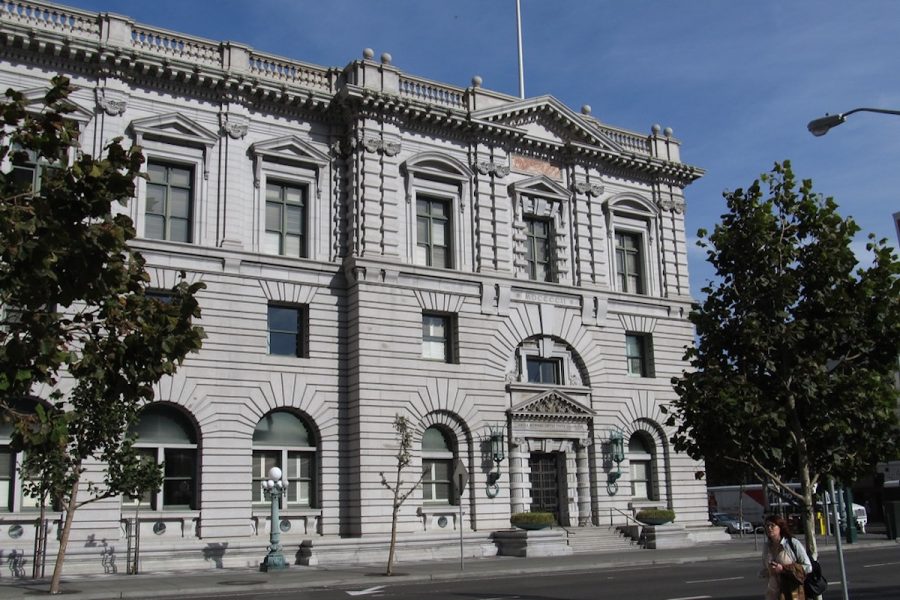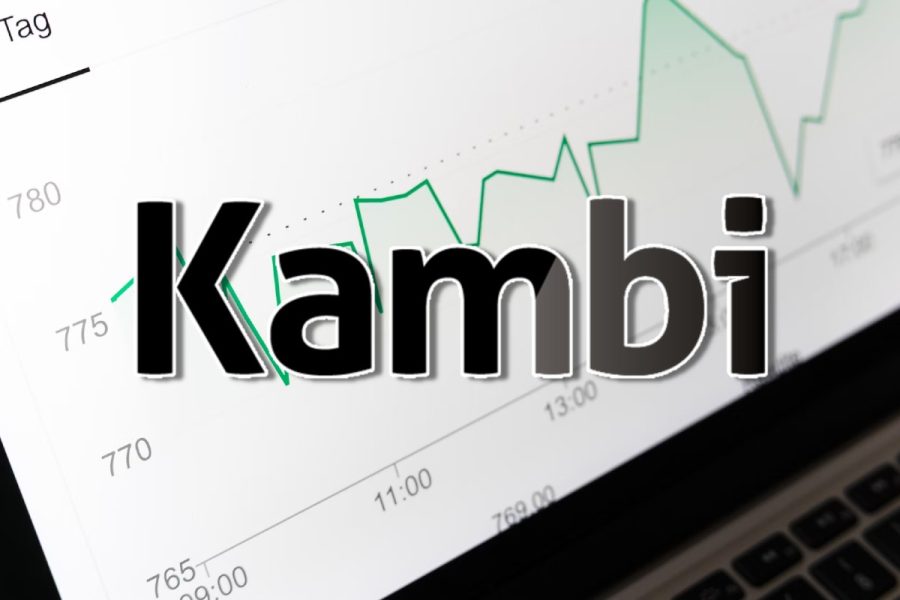Once a modest collection of racetracks, Penn Entertainment embarked on a decades-long transformation, relentlessly acquiring properties and chasing ambitious growth. It wasn’t always a calculated ascent; sometimes, opportunities simply presented themselves, and the company seized them.
This expansion wasn’t limited to acquisitions. Penn repeatedly pursued high-profile partnerships, most recently with ESPN Bet, a venture that abruptly ended. Some collaborations briefly ignited excitement, while others faltered under the strain of unrealistic expectations and shifting market forces.
The company’s journey has been undeniably swift, yet consistently turbulent. Early ambitions to become a national player were met with significant hurdles, foreshadowing the challenges to come.
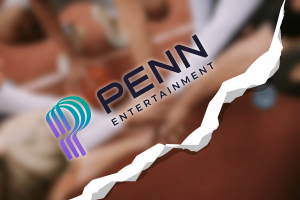
In 2006, Penn National made a bold attempt to acquire Harrah’s Entertainment, a move signaling its desire to shed its regional identity. The bid ultimately failed, but the message was clear: Penn aimed for a national stage.
The following years saw even grander aspirations. A proposed $6.1 billion buyout in 2007 and 2008 aimed to take the company private, a move that unnerved even seasoned bankers. However, the deal collapsed before completion, revealing the difficulties of rapid reinvention.
The 2020 acquisition of a 36% stake in Barstool Sports for $163 million injected a surge of energy into Penn. The stock initially soared, then plummeted with the pandemic, only to reach unprecedented heights with the launch of the Barstool Sportsbook app.
However, the Barstool partnership proved unsustainable. Penn ultimately purchased the entire company in early 2023, only to return it to founder Dave Portnoy months later for a symbolic one dollar. It was a corporate retreat, a tacit admission of a flawed strategy.
The decision came at a substantial financial cost, but it freed Penn from a brand plagued by controversy and regulatory challenges. The silence that followed was likely a welcome relief.
In August 2023, Penn unveiled a ten-year agreement with ESPN, rebranding its sportsbook as ESPN Bet with an estimated price tag of $1.5 billion. The concept was straightforward: leverage ESPN’s massive audience to create a dominant betting brand.
The launch in seventeen states in November 2023 initially felt promising, a moment of potential breakthrough. Executives spoke of a new era, and optimism filled the air.
However, the initial excitement quickly faded as data revealed ESPN Bet’s limited market share. By late 2025, it had captured only a small fraction of the U.S. online sports betting market, far short of expectations. The financial viability of the venture began to crumble.
Ultimately, Penn and ESPN agreed to terminate the partnership early, effective December 1, 2025. Penn will cease payments to ESPN and rebrand its sportsbook under the existing theScore Bet identity.
A recurring pattern emerged from Penn’s series of unsuccessful partnerships: a reliance on the star power of major media brands to penetrate the competitive online betting market. The theory was simple – a recognizable name would attract a flood of customers.
In reality, a prominent logo failed to convert casual viewers into dedicated bettors, regardless of promotional offers. The financial structure of these deals, with substantial upfront costs and long-term commitments, exacerbated the problem when revenue fell short.
The rapidly evolving U.S. sports betting landscape further complicated matters. New competitors emerged, state regulations shifted constantly, and customer acquisition costs continued to rise. Even established sportsbook brands struggled to gain traction, and Penn’s high-profile partnerships amplified the pressure.
Penn now intends to refocus on its core strengths: online casino operations and its established regional casino empire. Leadership believes ending the ESPN agreement will streamline costs and free up capital for more sustainable opportunities.
The challenge now is to build momentum with its own brands and platforms, without relying on celebrity endorsements or expensive media alliances. It’s a return to fundamentals, a long-term strategy focused on organic growth and sustainable profitability.
The path forward is less glamorous, but far more critical. Penn must demonstrate its ability to succeed independently, proving it can thrive without the allure of someone else’s logo.
